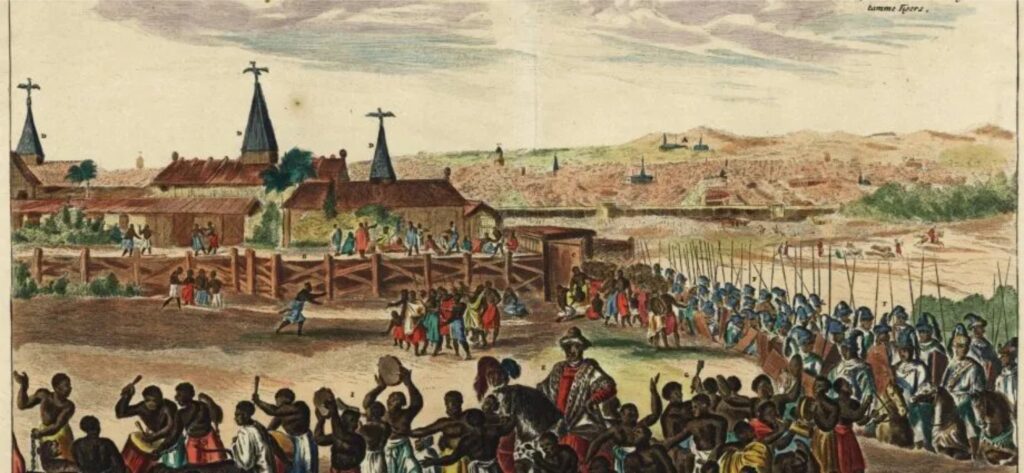For many Nigerians, marrying into a royal family sounds like a dream. It paints a picture of beaded crowns, grand ceremonies, and seats at high tables. Royal weddings in places like Benin, Ife, and Kano attract headlines and thousands of onlookers. The idea of becoming an Olori or prince-in-law carries an aura of prestige.
However, beyond the glitter of royal status, the reality is often more complex. With royal bloodlines come traditions, expectations, and duties that most outsiders never see. Some are drawn to the heritage, the legacy, and the chance to be part of something bigger than themselves. Others hesitate, knowing that life within palace walls is a world of protocols, responsibilities, and cultural boundaries that can be difficult to navigate.
The Expectations Behind the Crown
Adaora, a teacher in Asaba, says she once dated a prince. At first, it felt surreal — the gifts, the respect, the admiration. But soon came the rules. She had to change how she dressed, mind what she said, and learn court customs. “I realised I wasn’t just dating him,” she said. “I was dating his title. I was dating his lineage.”
Many royal families still hold fast to traditional values, especially when it comes to marriage. Spouses may be expected to participate in festivals, uphold ancestral customs, and maintain a certain public image. For some, these expectations are too demanding. For others, they are part of the beauty of preserving cultural heritage.
Ibrahim from Zaria says he would marry into royalty “if love leads there.” He believes that understanding the weight of tradition is key. “It’s not about fantasy,” he says. “It’s about respect and readiness.”
A Choice of Balance
Royal marriages are not all the same. Some are rigid and bound by protocol. Others are more modern and open-minded. The experience varies widely across tribes and regions. Still, the common thread is that marrying into royalty often means marrying into history. It requires patience, cultural intelligence, and a clear sense of self.
For many young Nigerians, the idea remains exciting but distant. It is admired, even romanticised. But it also raises questions. Would you still have freedom? Could you live under the spotlight? Would your values align with those of the royal household?
The answer, like culture itself, is layered. Royalty may offer status, but not always peace. It brings tradition, but not always compatibility. Whether it’s a blessing or a burden depends on the individual and the crown they’re willing to carry.
Reference:
- Royalty and Marriage in Modern Nigeria: Navigating Culture and Modern Love — Nigerian Journal of Sociology and Anthropology (https://www.ajol.info/index.php/njsa)
- Inside the Palace: Modern Roles of Royal Spouses — The Nation Nigeria (https://thenationonlineng.net/inside-the-palace-modern-roles-of-royal-spouses)


